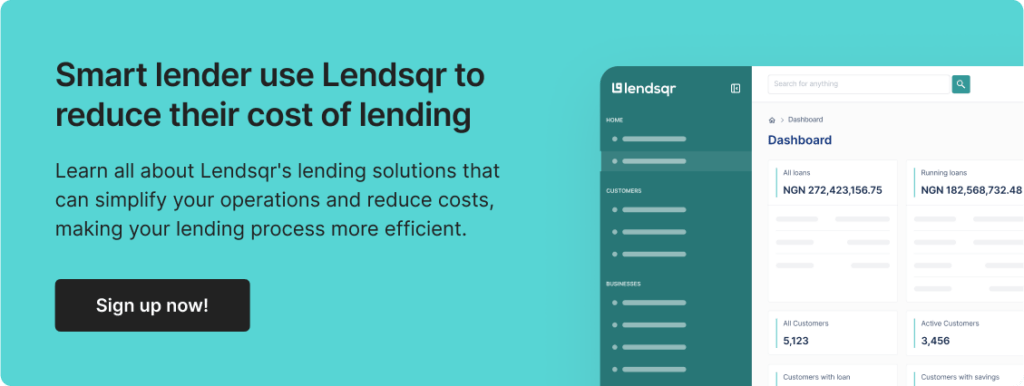Earn extra income by helping businesses access better lending solutions
If you have a knack for making connections and helping businesses succeed, the Lendsqr Affiliate Program is your chance to monetize that talent.
Why Lendsqr is Africa’s most affordable loan management software
The end-to-end loan management software that’s rewriting the rules for lenders globally by offering enterprise-grade features without the enterprise-grade costs.
How Lendsqr is using AI to transform its processes
Lendsqr, like many forward-thinking companies, has embraced AI to transform several aspects of our operations. Let's take a closer look at three key areas where AI has made a significant impact






